Music Therapy: Changing Lives for the Better

If you’re a music lover looking for a career that is completely off the beaten path, music therapy just might be right for you. Music therapy, a relatively new method of therapy in the eyes of modern medicine, is an ancient practice. Since 1944, it has gradually been practiced more extensively in the United States. In the United Kingdom, music therapy was used in hospitals during both world wars.
Music therapy dates back to the ninth century. In particular, the work of music theorist al-Farabi and his treatise entitled “Meanings of the Intellect” laid the foundations for the modern form of the practice. Robert Burton also wrote about the positive effects of music and dance on the condition of the soul in his work, “Anatomy of Melancholy.” Both of these writers used modern methods of describing very ancient ideas to form the basis of the therapeutic methods used today.
In the United States, music therapy is governed by the American Music Therapy Association, which provides certification for aspiring practitioners. Though certification is not required, it definitely gives a therapist much more credibility. The AMTA gives different levels of certificates depending on completion of various studies. For example, a bachelor’s certificate enables someone to work together with other therapeutic disciplines such as speech therapy. Music therapists often have degrees in other disciplines as well. In New York State, practitioners must be registered and licensed as a creative arts therapist by passing a standardized test administered by the state. Lesley University in Massachusetts and Temple University in Pennsylvania offer degrees in the practice.
In the United Kingdom, music therapy developed from pioneering works by several different people. French cellist Juliet Alvin influenced the discipline in the 1960’s, and in the decade before, Paul Nordoff and Clive Robbins provided foundations for the future. In fact, the Nordoff-Robbins approach is used in sessions all over the world. The Nordoff-Robbins headquarters in London provides the only official PhD course in the practice. Therapists in the UK focus on the learning disabilities of children and adults, as well as forensic psychiatry and palliative care. There are master’s programs available in the UK as well.
Music therapy has been shown to improve motor skills, spiritual awareness and social skills. It also helps mood disorders and depression. In particular, it can improve a patient’s motivation and outlook on life by completely revitalizing a stagnant soul. Just as a great song can set your day right, successful music therapy can change a person’s life.
Studies show that such therapy affects stroke victims in a drastic way. By causing positive emotions in victims, the therapy increases social interaction and motivation and causes a quick recovery from the effects of the stroke. Often, the music is combined with traditional therapy to increase positive results exponentially. Motor skills are recovered best when the therapy is used on a regular basis in conjunction with other methods.
Another aspect of music therapy lies in songwriting and listening, especially in the elderly. The concept of songwriting is discussed, and patients are encouraged to write their own songs as a treatment.
If you are interested in helping others and working with music, investigate the field of music therapy. While it is a relatively new concept to many, the practice of music as medicine is ancient in origin.


